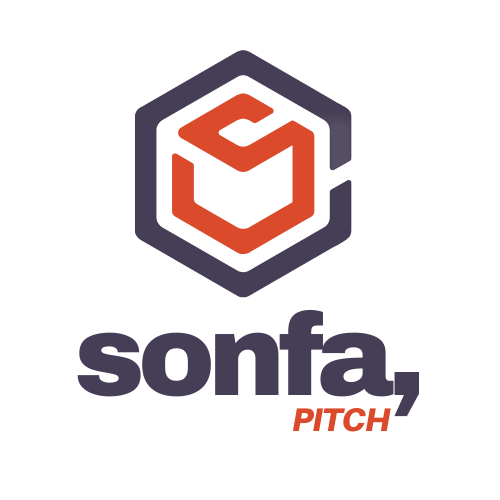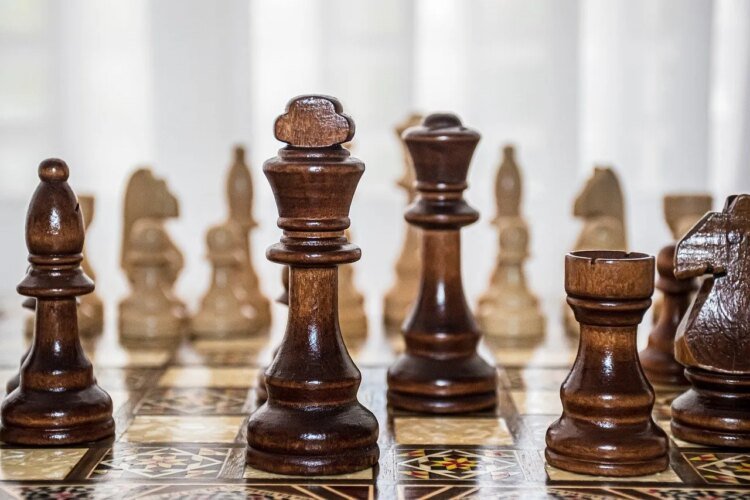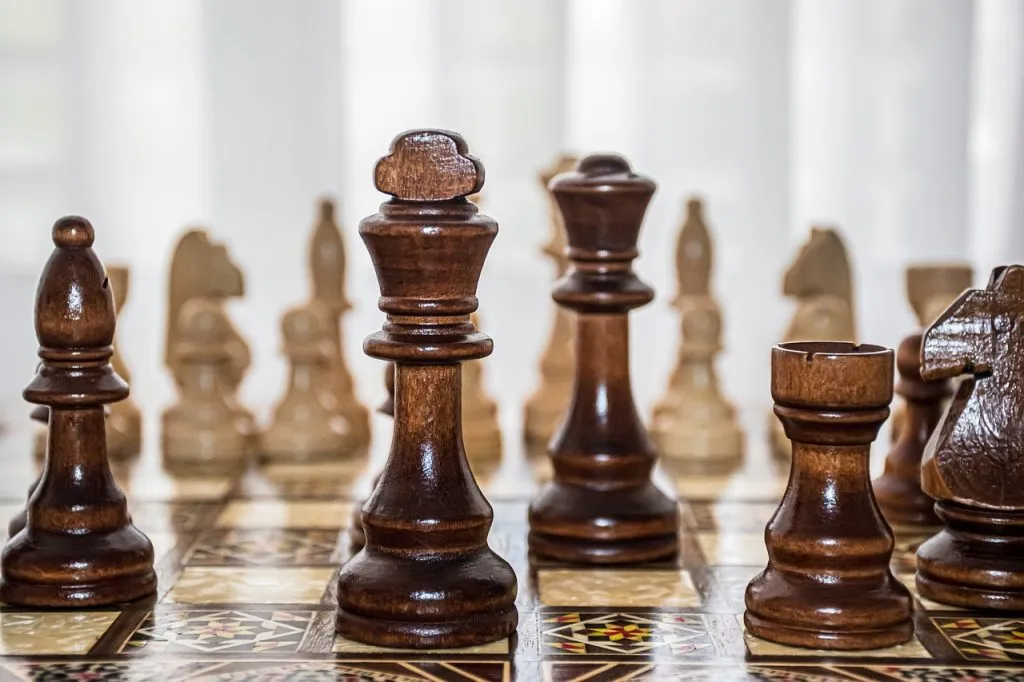Here’s a music industry newsflash: everybody hates Spotify’s cut-rate ‘bundled’ royalty payments — except for Spotify. Six-year-olds enjoy cauliflower more, but now that Spotify just whipped the Mechanical Licensing Collective (MLC) in court, is there anything music publishers can do about it?
This is not just a topic of spirited industry conjecture, but a matter that could potentially reshape the music industry in 2025. But where do music publishers and songwriters go next?
For starters, NMPA chief David Israelite, music publishers, and The MLC may appeal this decision, even if that means losing again. This wasn’t a close case, but it’s the principle of it. However, according to sources eyeing this chess match, the court system is only one battleground, with legislation another vital arena for publishers.
After all, the legislative branch (not to mention the President) approved the landmark Music Modernization Act and created the MLC and its many rules — which included vast indemnifications and protections against licensing litigation for Spotify and other DSPs. You’re welcome Spotify, though rules can be changed and updated, especially when enough special interests want to make it happen.
There’s also the matter of David Israelite, who is almost certainly not walking away from this fight. Speaking of legislation: Israelite was just recently lobbying for across-the-board direct publishing deals last year. For now, however, Spotify gets to send out its discounted mechanical royalty checks after ramping up its US-based bundled subscriptions past 99%, as first tracked by DMN Pro.
But what happens when music publishers are finally sick of cashing those checks?
Previously, all indications were that major label bosses wouldn’t be intervening in publishing-specific disputes, at least in a meaningful way. But those assumptions were incorrect. Enter Universal Music Publishing Group (UMPG), which corralled its bigger brother parent to force Spotify to pay more and modify its cut-rate payouts.
Now, the hundreds-million-dollar question is what happens next — and more importantly, who rattles the cage demanding a direct licensing relationship.
Under US Copyright Law, any direct deal supersedes a statutory one. So who’s next to demand a direct deal to shutter the bundling loophole?
We don’t have the specific deal terms of the UMPG direct deal. But it’s certainly not worse than what Spotify was paying before. Big deals with UMG tend to set templates for smaller deals, which means that Spotify might end up paying more money to more music publishers than they did pre-bundling via direct deals and demands.
Net-net on a royalty-revenue basis, it’s hard to predict whether Spotify actually wins or loses here. But back at Spotify HQ, life is good: the stock is soaring, and Spotify’s brass are filthy rich. So who cares if a few publishers get stepped on?
This is reminiscent of TikTok’s scorched-earth licensing approach, though Spotify’s hearts-and-minds problem could spell trouble down the line. Already, we’re seeing more fallout, with songwriters boycotting Spotify’s songwriter-themed Grammy party (which itself got canceled).
(As a quick aside, there’s a reason why few in the music industry are advocating for TikTok as it struggles to remain in the US.)
It’s also important to note that Apple Music could easily ‘pull a Spotify’ and flip their subscriptions into bundles overnight. But they aren’t doing that according to DMN Pro’s research on bundling. But will major label and publisher bosses reward Cupertino for ‘doing the right thing’ and paying more to rights owners — even if they technically don’t have to? Others are also playing far more cooperatively than Spotify, and deserve to be rewarded with more exclusives, access, and other perks that come with friendlier partnerships.
Perhaps Spotify foolishly wants to have it both ways. But it’s hard to be the villain and the savior at the same time.
Spotify wants you to believe that they saved the music industry, and they’re pumping billions in found money into the industry ecosystem (we’d know, being on the receiving end of their PR machine). That assessment isn’t entirely incorrect, though for a company trying to shake its image of screwing artists and songwriters, bundling loopholes wasn’t the smartest idea.
Even today, prominent artists like Björk are landing zingers at Spotify over their measly royalties and artist-unfriendly practices. And she’s not wrong, either. Fresh data shows that Apple Music is the better industry partner, with better payouts to rights owners and creators. Whether it’s fair or not, Spotify remains the villain to many, and the shift to bundling isn’t helping.
That could impact label, publisher, and artistic decisions going forward, including those tied to content releases. Remember, Björk didn’t lambaste Apple Music, and there’s a reason for that. Also worth noting is that while Spotify has the most subscribers, Apple Music isn’t that far behind.
More as this develops.
Got a tip? Confidentially email me at paul@digitalmusicnews.com; drop a text to (310) 804-0560; or send a Signal to digitalmusicnews.07.







